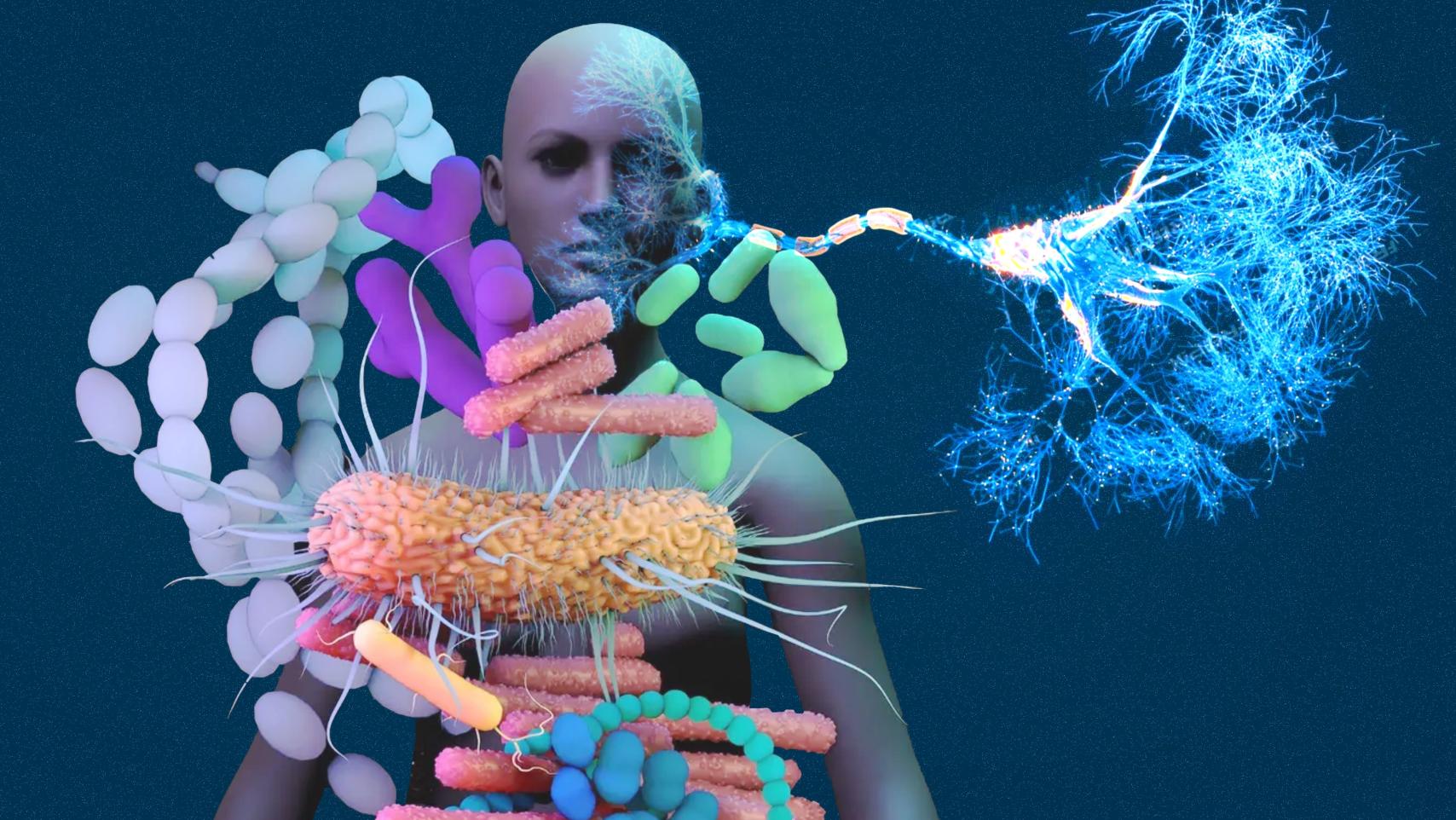Preventing depression and developing new treatments depend on our learning how genetics and environmental factors interact in our brains and the rest of our bodies to cause different types of depression. Understanding the mechanisms underlying the different types of depression will enable us to design targeted treatments. Below, we share our active research to elucidate the mechanisms underlying depression.
Uncovering Microbial Modifiers of Antidepressant Responses During Pregnancy
PI: Elaine Hsiao
The gut microbiome interacts with many common medications, with the ability to modify their efficacy for treating disease. Hsiao aims to uncover fundamental mechanisms underlying interactions between the gut microbiome and antidepressants, and how such interactions impact the effects of antidepressant treatments for maternal depression during pregnancy. While this project is housed in Integrative biology and physiology, DGC capabilities and resources are leveraged.
Learn more about the microbial modifiers study
*An asterisk indicates projects that are housed outside the Depression Grand Challenge because they did not require or, at the time of submission for funding, predated an existing DGC capability or resource.

